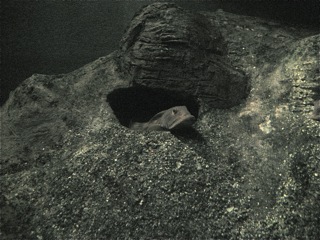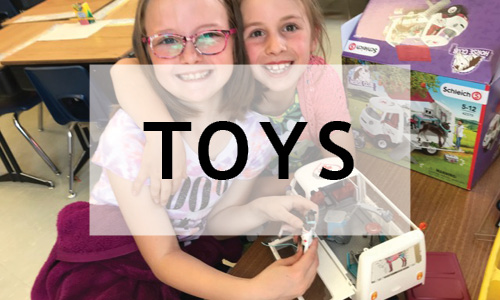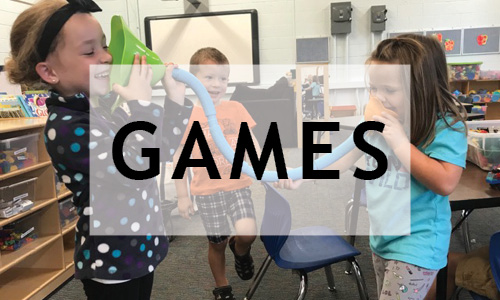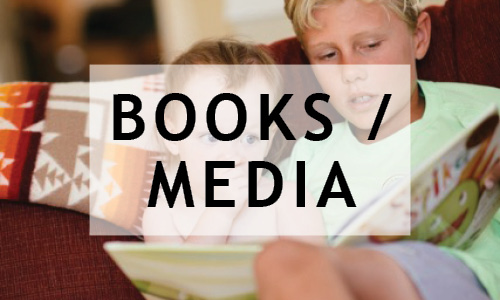 Encouraging a child to link a story they’ve read with their life experience, builds language skills. Understanding a concept in the story such as working through a difficulty, sharing, making a friend or reading about a fish, and then making comparisons to a similar situation in your life, requires higher level thinking and language. I work with a third grader who often tells me, “I have a connection!” and she proceeds to link some information we have learned in a story with something she has experienced.
Encouraging a child to link a story they’ve read with their life experience, builds language skills. Understanding a concept in the story such as working through a difficulty, sharing, making a friend or reading about a fish, and then making comparisons to a similar situation in your life, requires higher level thinking and language. I work with a third grader who often tells me, “I have a connection!” and she proceeds to link some information we have learned in a story with something she has experienced.
Much to our surprise and delight, Will and I made one of those connections when we toured the Maritime Aquarium in Norwalk, CT. One of Will’s and my favorite books is Deborah Diesen’s The Pout Pout Fish. Will has memorized most of the book and fills in the lines as I pause when reading. As we rounded the corner approaching the big shark tank, we searched a very dark cavernous display and searched for its occupants. Camouflaged by the brown surroundings and hidden in a little passageway, we saw the pouty face of a fish peering out. When we checked the information card we realized we were seeing a real, live “Ocean Pout Fish!” Will and I got so excited that our friend who couldn’t shed his pout really existed, beyond the story:)
 As we walked through the large halls, we spotted a giant squid, just like the one who spoke to the Pout Pout Fish, attempting to get him to smile. As you enjoy museums, aquariums, playgrounds and special attractions, try to link what you see to books and experiences that your child can relate to, to build their language skills. Older children can come home and write a comparative paragraph, contrasting what they saw and where else they have seen that, in a book or experience. Anytime you are comparing and contrasting, children have to understand and explain concepts–larger, smaller, faster, grumpier etc.
As we walked through the large halls, we spotted a giant squid, just like the one who spoke to the Pout Pout Fish, attempting to get him to smile. As you enjoy museums, aquariums, playgrounds and special attractions, try to link what you see to books and experiences that your child can relate to, to build their language skills. Older children can come home and write a comparative paragraph, contrasting what they saw and where else they have seen that, in a book or experience. Anytime you are comparing and contrasting, children have to understand and explain concepts–larger, smaller, faster, grumpier etc.
Most of all have fun with your children. Make learning a natural part of their experience.



